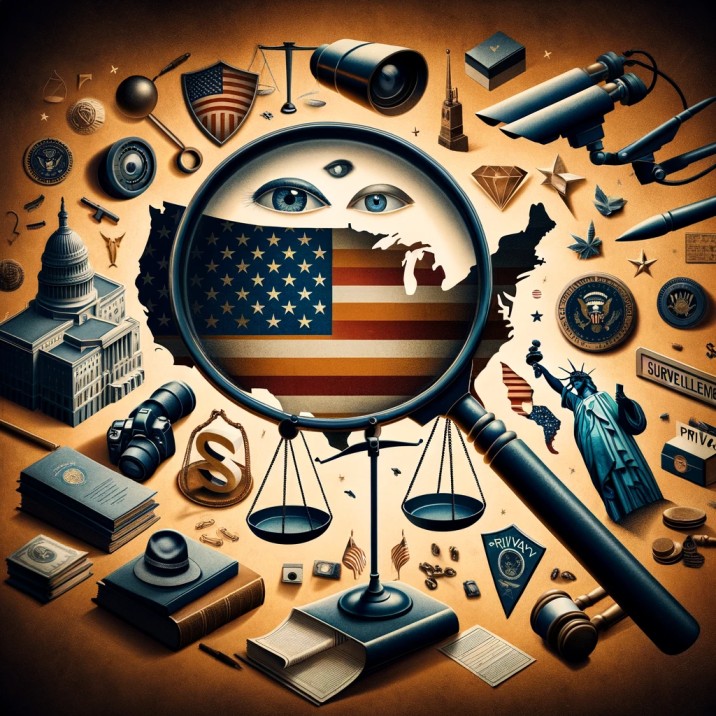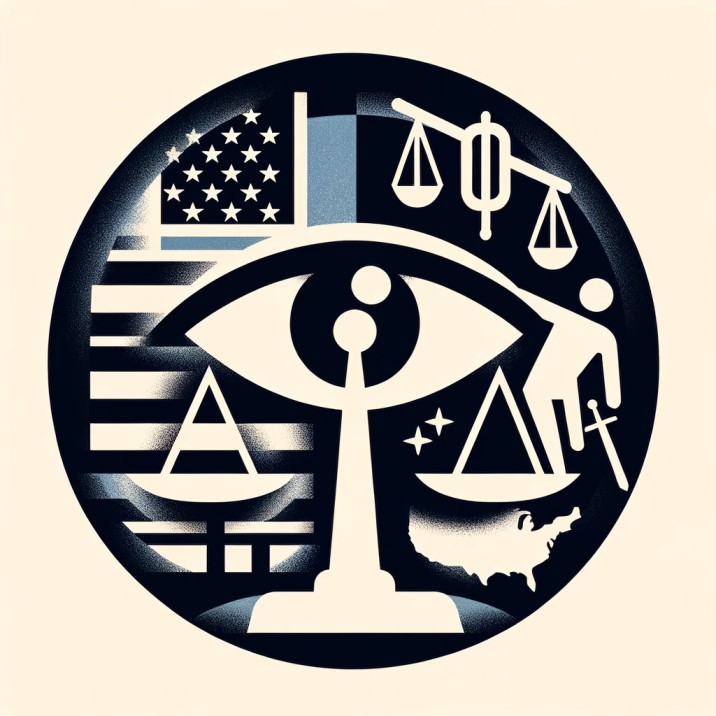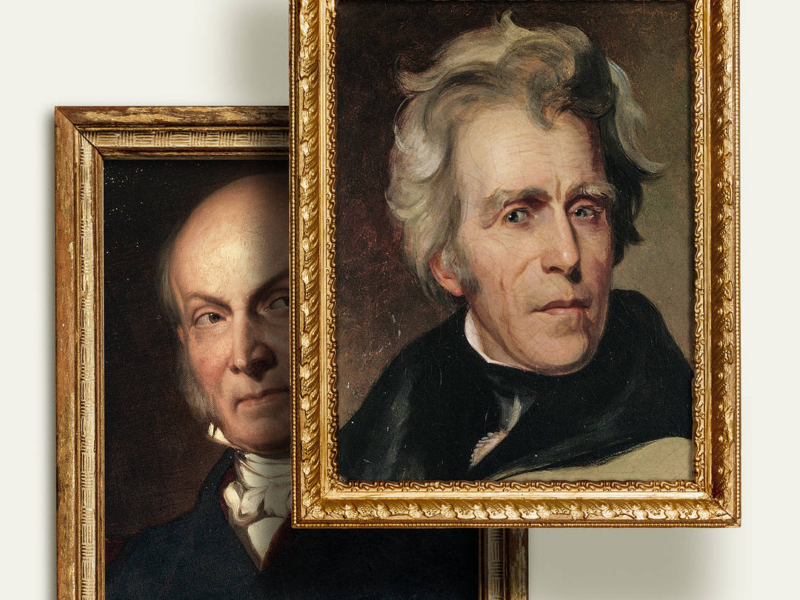The Patriot Act is a law in the United States that was created to help prevent terrorism. It gives the government more power to look into and monitor people’s activities, especially those they suspect might be involved in terrorist acts. This includes listening to phone calls, checking emails, and watching financial transactions. The idea behind the law is to make it easier for law enforcement agencies to find and stop potential terrorist activities, but it has also raised concerns about people’s privacy and individual rights.

The Patriot Act, officially known as the Uniting and Strengthening America by Providing Appropriate Tools Required to Intercept and Obstruct Terrorism Act, was signed into law by President George W. Bush on October 26, 2001. Enacted in response to the terrorist attacks of September 11, 2001, the Act significantly expanded the powers of U.S. law enforcement agencies for the stated purpose of fighting terrorism in the United States and abroad.
Before delving into the specifics of the Patriot Act, it’s essential to understand the context in which it was created. The September 11 attacks, orchestrated by the extremist group Al-Qaeda, resulted in the death of nearly 3,000 people and marked a pivotal moment in world history. In response to this unprecedented act of terrorism on American soil, there was a sense of urgency within the U.S. government to enhance national security and prevent future attacks. This urgency led to the rapid development and passage of the Patriot Act.
The Act broadly aimed to strengthen U.S. counter-terrorism efforts by improving and expanding surveillance and investigative powers. One of the key features of the Patriot Act was its enhancement of the government’s ability to conduct surveillance, including eavesdropping on communications and accessing personal records. This included the controversial Section 215, which allowed the FBI to order any person or entity to turn over “any tangible things” deemed relevant to a terrorism or espionage investigation. This provision, in particular, raised concerns about potential overreach and infringement of civil liberties, particularly the right to privacy and protection against unreasonable searches and seizures.
Another significant aspect of the Act was the expansion of the definition of terrorism to include domestic terrorism, thereby broadening the scope of anti-terrorism activities to include individuals and groups operating within the United States. This was seen as a necessary step to address the evolving nature of terrorist threats, which were not limited to international actors.
The Patriot Act also facilitated increased cooperation and information sharing among various government agencies. Before the Act, barriers existed that limited the exchange of information between intelligence and law enforcement agencies. The Patriot Act sought to break down these walls in the belief that better information sharing would lead to more effective identification and apprehension of terrorists.
Additionally, the Act included measures to strengthen border security and made it more challenging for terrorists to use the U.S. financial system to fund their activities. This included the tightening of U.S. immigration laws and the enhancement of the monitoring of foreign students and visitors in the United States.
Despite its intentions, the Patriot Act was, and remains, a subject of considerable controversy. Supporters argue that it is a necessary tool for protecting the nation in a post-9/11 world, where the threat of terrorism is constantly evolving and increasingly complex. They contend that the enhanced powers granted by the Act have been instrumental in thwarting numerous terrorist plots and attacks.
Critics, however, argue that the Patriot Act infringes on civil liberties and undermines the constitutional rights of Americans. They point out that the increased surveillance and broad investigative powers granted to law enforcement agencies come at the expense of individual privacy and freedom. The Act has been criticized for its potential to lead to the abuse of power by government authorities, with minimal oversight and accountability.
Over the years, various provisions of the Patriot Act have been reauthorized, amended, and challenged in courts. The Act has sparked a broader debate about the balance between national security and individual freedoms, a debate that continues to resonate in discussions about counter-terrorism policies and practices.
The Patriot Act represents a critical and complex chapter in U.S. history. It reflects the challenges of safeguarding national security in an era of global terrorism while upholding the democratic values and civil liberties that define American society. As the nature of terrorism continues to evolve, so too does the debate over the most effective and appropriate ways to address it, a debate in which the Patriot Act remains a central and contentious topic.


